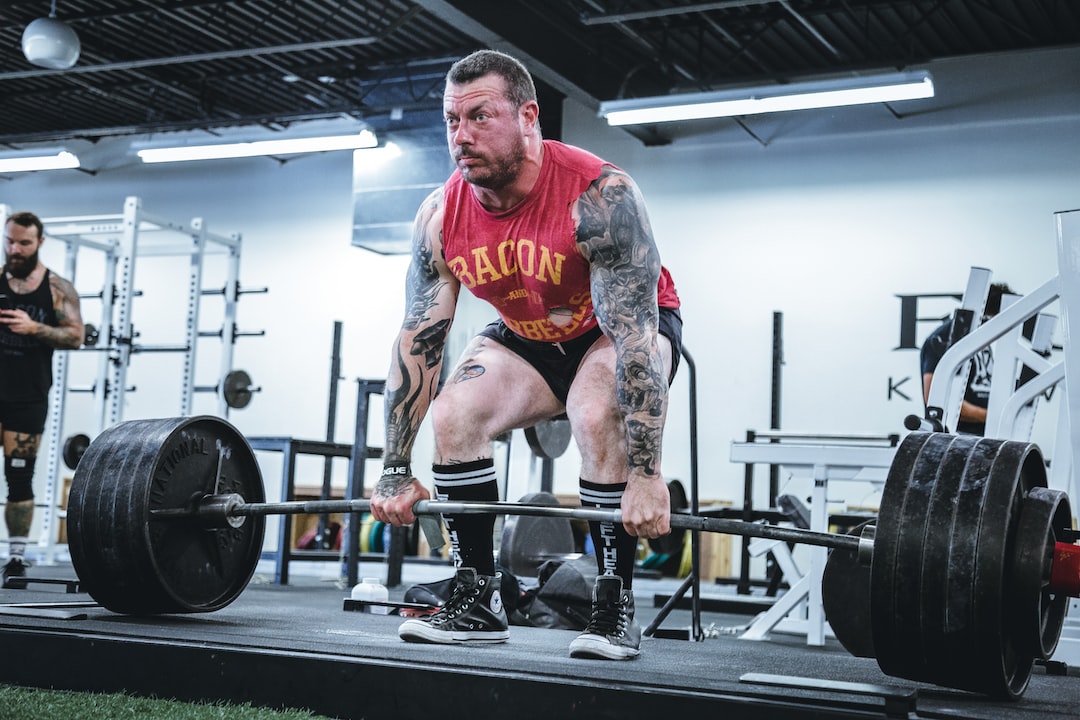Gymnastics is a demanding sport that requires strength, flexibility, and grace. To excel in this athletic discipline, proper nutrition plays a crucial role. Providing your body with the necessary nutrients and maintaining a balanced diet is essential for gymnasts to achieve optimal performance. In this blog post, we will discuss the dos and don’ts of proper nutrition for gymnasts.
Dos:
1. Consume a balanced diet: A balanced diet is vital for any athlete, and gymnasts are no exception. Ensure your meals consist of a variety of foods from different food groups, including fruits, vegetables, whole grains, lean proteins, and healthy fats. This will provide the necessary vitamins, minerals, and macronutrients to support your body’s needs.
2. Hydrate properly: Staying hydrated is crucial for athletes as it aids in digestion, maintains body temperature, and supports overall performance. Make sure to drink plenty of water throughout the day to keep your body hydrated. Avoid sugary drinks or excessive caffeine, as they can lead to dehydration.
3. Prioritize complex carbohydrates: Carbohydrates are essential for providing the energy needed during intense training sessions. Opt for complex carbohydrates such as whole grains, brown rice, quinoa, and sweet potatoes. These will provide a steady release of energy and help sustain you throughout your training sessions.
4. Include lean proteins: Proteins are the building blocks of muscle and are vital for muscle repair and growth. Include lean sources of protein in your diet, such as chicken breast, fish, tofu, and legumes. These will help repair and rebuild muscle tissue after intense workouts.
5. Consume sufficient calories: As a gymnast, you are likely to burn a significant amount of calories during training sessions. It is essential to consume enough calories to meet your energy requirements and support growth and development. Work with a nutritionist or dietitian to determine the appropriate calorie intake for your body and activity level.
Don’ts:
1. Skip meals: Skipping meals can negatively impact your energy levels and overall performance. It is crucial to provide your body with a steady stream of nutrients throughout the day. Aim for three main meals and two nutritious snacks in between to keep your energy levels stable.
2. Rely on processed foods: Processed foods are often high in unhealthy fats, added sugars, and artificial ingredients. These can hinder your performance and negatively affect your overall health. Instead, choose whole, fresh foods that are nutrient-dense and support optimal functioning of your body.
3. Overindulge in unhealthy snacks: While it is essential to consume snacks throughout the day, avoid reaching for unhealthy options such as chips, candy, or sugary treats. These snacks can cause a spike in your blood sugar levels, leading to energy crashes. Opt for healthier alternatives, such as fruits, nuts, yogurt, or hummus with veggies.
4. Neglect the importance of vitamins and minerals: Vitamins and minerals play a crucial role in supporting your body’s functions. Make sure to incorporate a variety of fruits and vegetables in your diet to ensure you are getting a wide range of essential vitamins and minerals.
5. Push fad diets or extreme weight loss methods: Gymnastics is a sport that places significant emphasis on aesthetics and body weight. However, it is crucial not to fall victim to fad diets or extreme weight loss methods. These can be harmful to your health and may negatively impact your performance. Focus on eating a well-balanced diet and work with professionals to determine the appropriate weight management strategies that align with your body’s needs.
In conclusion, nutrition plays a vital role in the life of a gymnast. By following the dos and avoiding the don’ts mentioned above, you can ensure that you are providing your body with the necessary nutrients to support optimal performance, muscle growth, and overall health. Fuel your body properly, and watch how it powers you through intense training sessions, helping you achieve your gymnastic goals.
